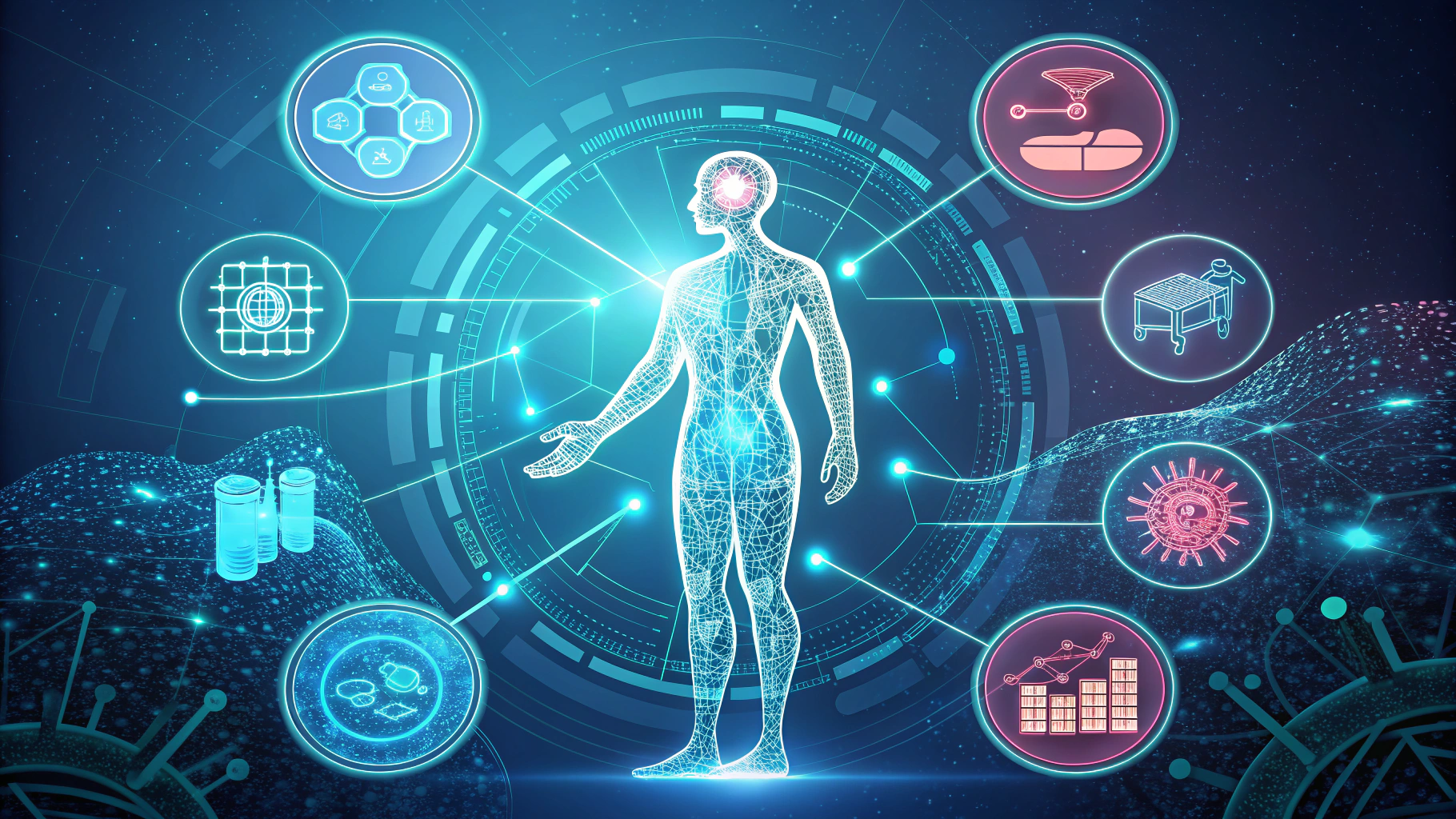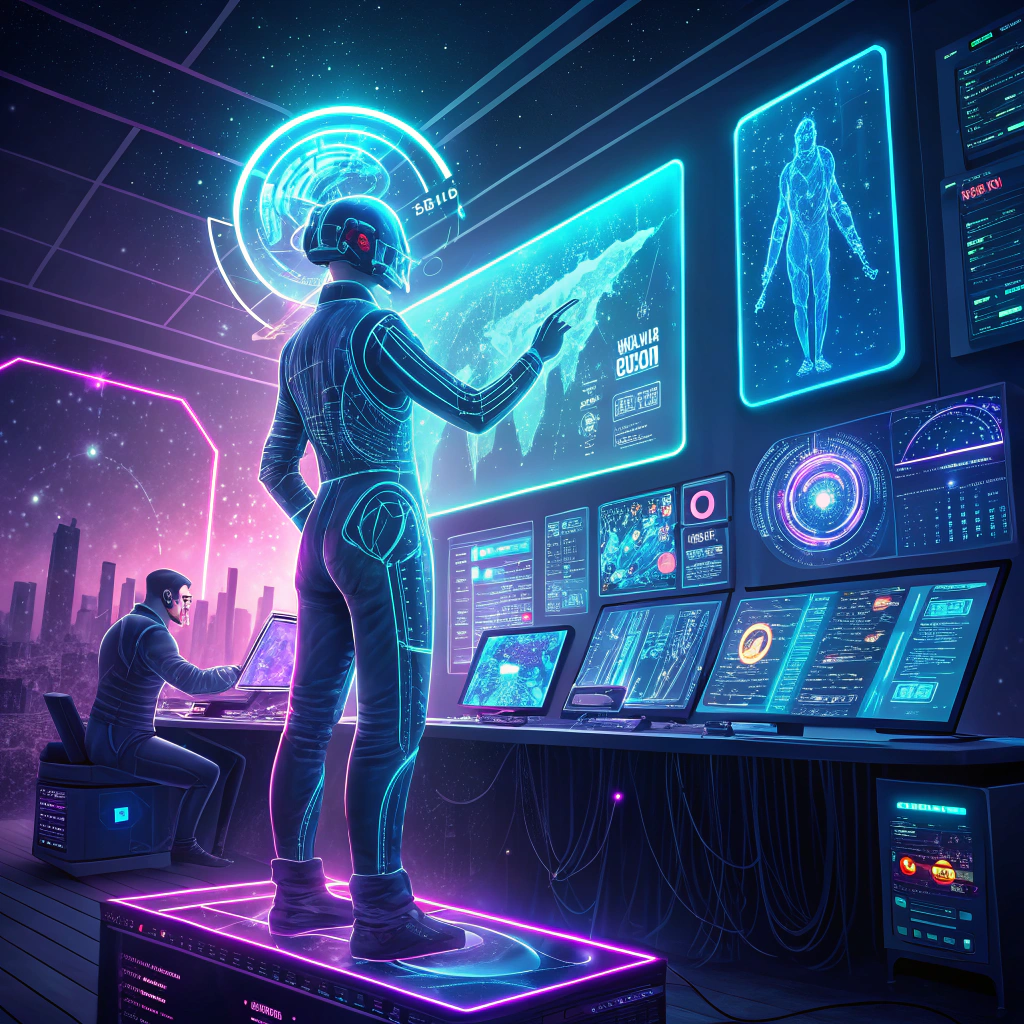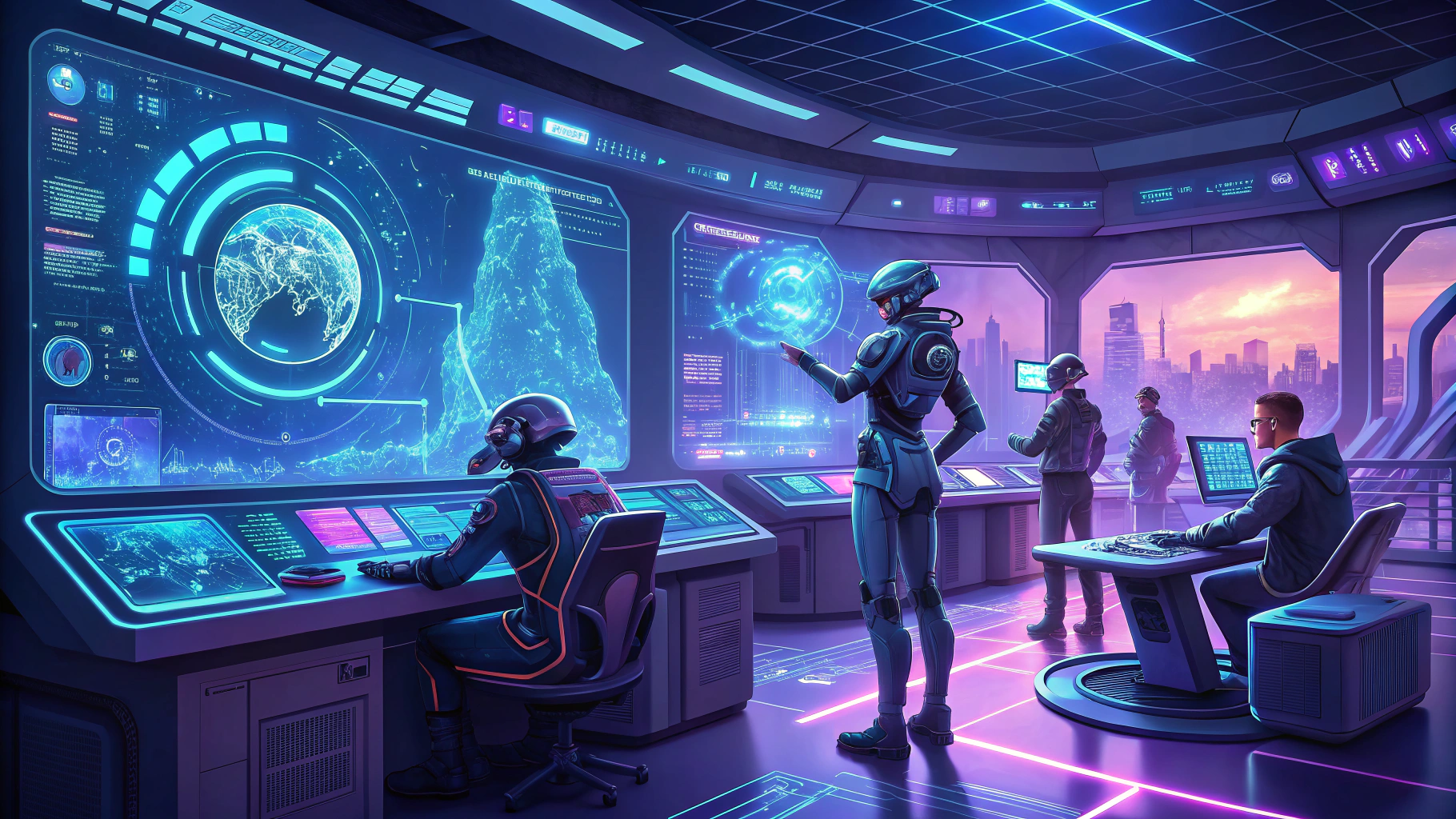The Rise of AI Agents: Transforming the Digital Landscape

The Rise of AI Agents: Transforming the Digital Landscape
In recent years, the rapid advancement of artificial intelligence (AI) has led to the emergence of AI agents, revolutionizing various industries and transforming the way we interact with technology. An AI agent is an intelligent system designed to perform specific tasks autonomously, often mimicking human behavior and decision-making processes. These agents have become integral to modern business operations, driving efficiency, enhancing customer experience, and unlocking new opportunities for innovation.
Understanding AI Agents
AI agents are software programs that leverage machine-learning algorithms and data-driven insights to perform tasks autonomously. They are designed to perceive their environment, process information, and take actions to achieve specific goals. These agents can operate in a variety of environments, from virtual spaces like websites and apps to physical settings such as smart homes and autonomous vehicles.
One of the defining characteristics of an agent is the ability to learn and adapt over time. Through continuous exposure to data, agents improve their performance, making them increasingly efficient and effective. This adaptability is a key factor in their widespread adoption across different sectors.
Applications of AI Agents
1. Customer Service and Support
AI agents have transformed customer service by providing 24/7 support through chatbots and virtual assistants. These agents can handle common inquiries, troubleshoot issues, and even guide customers through complex processes—enhancing satisfaction while reducing operational costs.
2. Healthcare
In healthcare, AI agents assist in diagnostics, patient monitoring, and personalized treatment recommendations. By analyzing vast amounts of medical data, they identify patterns and provide insights that improve patient outcomes.
3. Finance
Financial institutions deploy AI agents for fraud detection, risk assessment, and algorithmic trading. Agents can process large volumes of financial data in real time, spotting anomalies and trends that safeguard assets and optimize investment strategies.
4. Autonomous Vehicles
Self-driving cars are a prime example of AI agents in action. These vehicles use sensors and machine-learning algorithms to navigate roads, avoid obstacles, and make real-time decisions—promising safer and more efficient transportation.
5. E-commerce
In e-commerce, AI agents personalize shopping experiences by analyzing user behavior and preferences. They generate product recommendations, optimize pricing strategies, and manage inventory—boosting both sales and customer loyalty.
Benefits of AI Agents
1. Efficiency and Productivity
AI agents streamline processes and perform repetitive tasks with precision, freeing human resources for strategic and creative endeavors.
2. Enhanced Decision-Making
By processing and analyzing vast datasets, agents provide valuable insights that inform data-driven decisions—minimizing risk and improving accuracy.
3. Improved Customer Experience
Agents deliver quick, personalized, and consistent service, anticipating needs and resolving issues promptly across multiple touchpoints.
4. Cost Reduction
Automating routine tasks with AI agents reduces labor costs and minimizes errors, enabling businesses to allocate resources more effectively.
5. Scalability
AI agents seamlessly handle increasing data volumes and task loads without compromising performance, supporting business growth.
Challenges and Considerations
Despite their benefits, deploying AI agents presents challenges. Privacy concerns, data security, and ethical considerations must be addressed to ensure responsible use. Integrating agents into existing systems also demands careful planning and investment.
The Future of AI Agents
The future of AI agents is bright, driven by continual advances in natural-language processing, computer vision, and machine learning.
1. Human-Agent Collaboration
Agents will handle routine tasks while humans focus on strategy and creativity, fostering greater productivity and innovation.
2. Industry-Specific Solutions
Agents will become increasingly specialized, tackling unique challenges within distinct sectors.
3. Ethical AI Development
Ensuring fairness, transparency, and accountability will be paramount to building public trust in AI systems.
4. Integration with IoT
Combining AI agents with the Internet of Things will create intelligent ecosystems where devices communicate and collaborate autonomously.
5. Democratization of AI
User-friendly tools and affordable solutions will make AI agents accessible to businesses of all sizes.
Conclusion
AI agents are reshaping the digital landscape, offering unprecedented opportunities for efficiency, innovation, and growth. As technology evolves, these intelligent systems will become even more integral to our daily lives and business operations. Embracing AI agent technology responsibly and ethically will unlock its full potential, enabling humans and machines to achieve remarkable outcomes together.


